Outer Banks Lighthouses at Night: A Must-Photograph Experience
Outer Banks lighthouses at night are an unforgettable experience for photographers and travelers alike. Beneath a starlit sky, these iconic coastal beacons transform into cinematic silhouettes, offering mesmerizing photo opportunities steeped in history and natural beauty. Whether you’re wielding a DSLR or a smartphone, capturing these lighthouses after sundown delivers imagery that goes beyond the ordinary.
Situated along North Carolina’s scenic coastline, the Outer Banks (OBX) features several historic lighthouses—each with its own distinct appeal. From the striped Bodie Island Light Station to the red-brick Currituck Beach Lighthouse, nightfall unveils a more mysterious side of their seaside legacy. With the right gear, timing, and local insight, photographing Outer Banks lighthouses at night becomes an enriching visual journey for beginners and professionals alike.
This guide offers essential tips, hidden gems, and seasonally timed strategies to help you capture the Outer Banks like never before.
Top Outer Banks Lighthouses for Night Photography
Each of the Outer Banks lighthouses at night presents different scenery, lighting conditions, and vantage points. Here’s a breakdown of the top locations and how to make the most of your shoot:
- Bodie Island Lighthouse: Situated just south of Nags Head, this black-and-white striped tower stands among serene marshes and wooden boardwalks. Arrive before golden hour and scout the boardwalk—it creates powerful leading lines in your night compositions.
- Cape Hatteras Lighthouse: The tallest brick lighthouse in the U.S. offers sweeping dunes, open beaches, and perfect conditions for minimalist, moody nightscapes. Access may be limited after dark, so always consult the National Park Service site beforehand.
- Ocracoke Lighthouse: Though smaller and not open to nighttime visitors, this 75-foot tower is perfect for intimate long exposures. Use nearby trees or docked sailboats to frame glowing compositions.
- Currituck Beach Lighthouse: Located in Corolla, this deep red lighthouse stands in a less visited area, reducing light pollution. For dramatic night shots, shoot from the Whalehead Club lawn or the adjacent sound’s edge for mirror-like reflections.
- Cape Lookout Lighthouse: Only accessible by ferry or private vessel, this remote landmark is ideal for astrophotography. Minimal light interference allows the Milky Way and star trails to shine in your frame. Be prepared with supplies—services are limited here.
These Outer Banks lighthouses at night bring variety—reflection pools, dramatic dunes, and quiet marshlands. Make sure to check seasonal ferry and park hours if visiting remote locations such as Cape Lookout or Ocracoke.
Essential Gear and Camera Settings for Nighttime Lighthouse Photography
Shooting Outer Banks lighthouses at night requires a well-prepared toolkit. Harsh coastal elements and limited lighting mean being equipped makes all the difference. Here’s what should be in your bag:
- Camera: A camera with full manual control is best; however, advanced smartphones can work well with apps like NightCap or Halide.
- Lens: Use a wide-angle lens (14-24mm range) with a fast aperture (f/2.8 or better). These lenses capture expansive skies and towering lighthouse forms in one frame.
- Tripod: Vital for crisp exposures longer than a few seconds. Choose one that’s stable yet portable to endure OBX breezes.
- Remote Shutter Release: Use a remote or timer to reduce any camera shake, especially when shooting exposures of 10–30 seconds.
- Spare Batteries and Cards: Night photography eats battery life fast. Keep extras charged and ready.
- Headlamp with Red Light Mode: Preserve your night vision and avoid ruining shots with bright flashes.
For clear lighthouse night shots, start with ISO 3200, an f/2.8 aperture, and a 20-second shutter speed. Always shoot in RAW for maximum editing flexibility, and lock manual focus on a bright point like the lighthouse beam or a distant shore light. Adjust white balance manually to prevent unnatural color casts in your night skies.
Best Times to Photograph Outer Banks Lighthouses at Night
Timing affects visibility, access, and celestial conditions. Knowing when to visit helps you make the most of shooting Outer Banks lighthouses at night. Here’s what to expect season by season:
- Spring (March–May): Great for early morning Milky Way sessions. Weather is mild, and insects are minimal.
- Summer (June–August): Peak vacation season brings warmer evenings and dramatic skies. Visit midweek and later in the evening to avoid crowds and foot traffic in long exposures.
- Fall (September–November): Arguably the best time for astrophotography. Skies are clearer, cooler temps are ideal for longer shoots, and Milky Way positioning remains favorable into October.
- Winter (December–February): Solitude is your reward. With fewer tourists and less light pollution, star visibility improves. Just be sure to confirm if lighthouse grounds remain accessible during the off-season.
Time your shoot around a new moon for the darkest skies. Use mobile apps like PhotoPills or Stellarium to plan your celestial alignments. Start your session about 45 minutes after sunset to catch a smooth blue-hour transition into full nighttime photography.
Local Secrets and Hidden Gems for Better Outer Banks Lighthouse Shots
Need more magic? These lesser-known Outer Banks locations help elevate your lighthouse photography at night beyond postcard-perfect perspectives:
- Nags Head Woods Preserve: Dense forest near Bodie Island creates natural frames for the lighthouse off in the distance.
- Pea Island National Wildlife Refuge: Just minutes from Bodie Island, its open decks give crystal-clear horizon views enhanced with marshland reflections.
- Historic Corolla Park: Set your camera on the Currituck Sound side to capture mirror-like water reflecting Currituck Lighthouse’s warm glow.
- 4×4 Beach Access: If permitted, drive near Cape Hatteras to find secluded dunes. These natural elements make excellent compositional frames—just beware of tides and follow local regulations.
Chat with locals for updated weather, astronomy information, and photography wisdom. Friendly baristas at spots like Front Porch Café in Nags Head or Manteo often know the latest sky conditions and can point out recent lightning storms or unique tides.
Night Photography with Kids: Family-Friendly Tips
Capturing Outer Banks lighthouses at night isn’t just for pros—it’s a fun, educational way to engage with the whole family. Here’s how to make it safe, enjoyable, and inspiring for every age:
- Involve Kids: Give them a flashlight or glow stick to play with or use in still shots for light painting.
- Pack Essentials: Bring warm blankets, hot cocoa, bug spray, and snacks. Setting up near picnic spots makes it cozy and safe.
- Time Wisely: Schedule evening photo walks around blue hour so little ones don’t get too tired. Even shots taken before complete darkness can look stellar with the right color transitions.
- Safety First: Stick to boardwalks and lit areas to avoid marsh hazards or wildlife encounters. Always bring a flashlight or headlamp for visibility.
Letting your child try a photo themselves—even with a phone—can foster creativity and connection. These night outings become just as rich in memory-making as they are in photo yield.
Capture the Outer Banks Lighthouses at Night—Unforgettable Moments Await
Photographing Outer Banks lighthouses at night merges artistry with adventure. With the right location, timing, and mindset, your night shoot can become both a memory and a masterpiece. These storied beacons have guided sailors for centuries—now they can guide your lens toward captivating compositions under open skies.
Whether you’re chasing stars, reflections, or solitude, bring your curiosity, your camera, and your sense of wonder. Don’t forget to tag your photos on social media with #OuterBanksLighthousesAtNight—you never know who you’ll inspire with your shot under the stars.
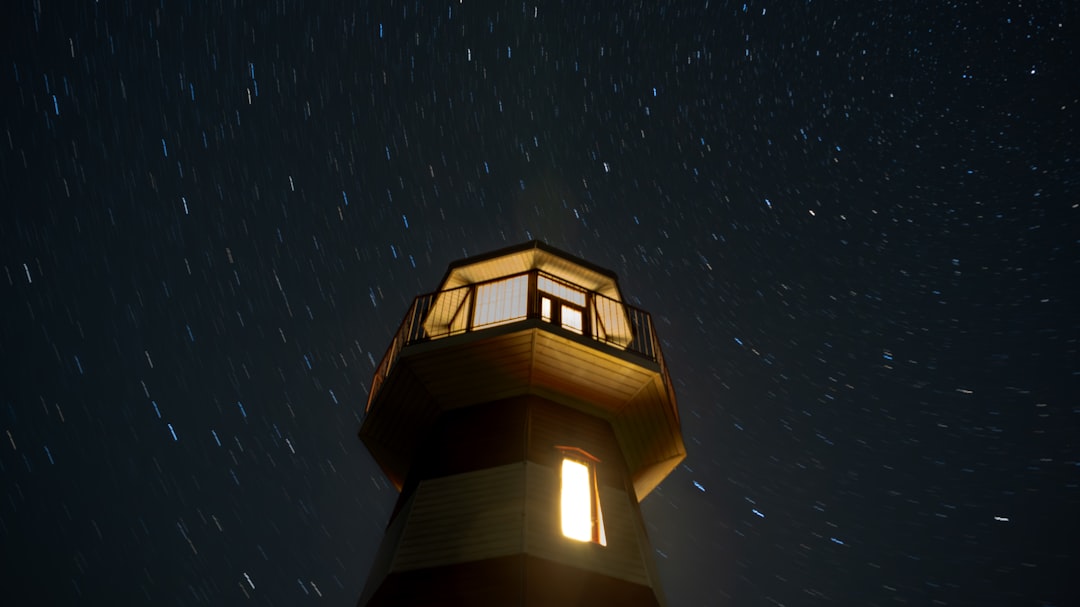
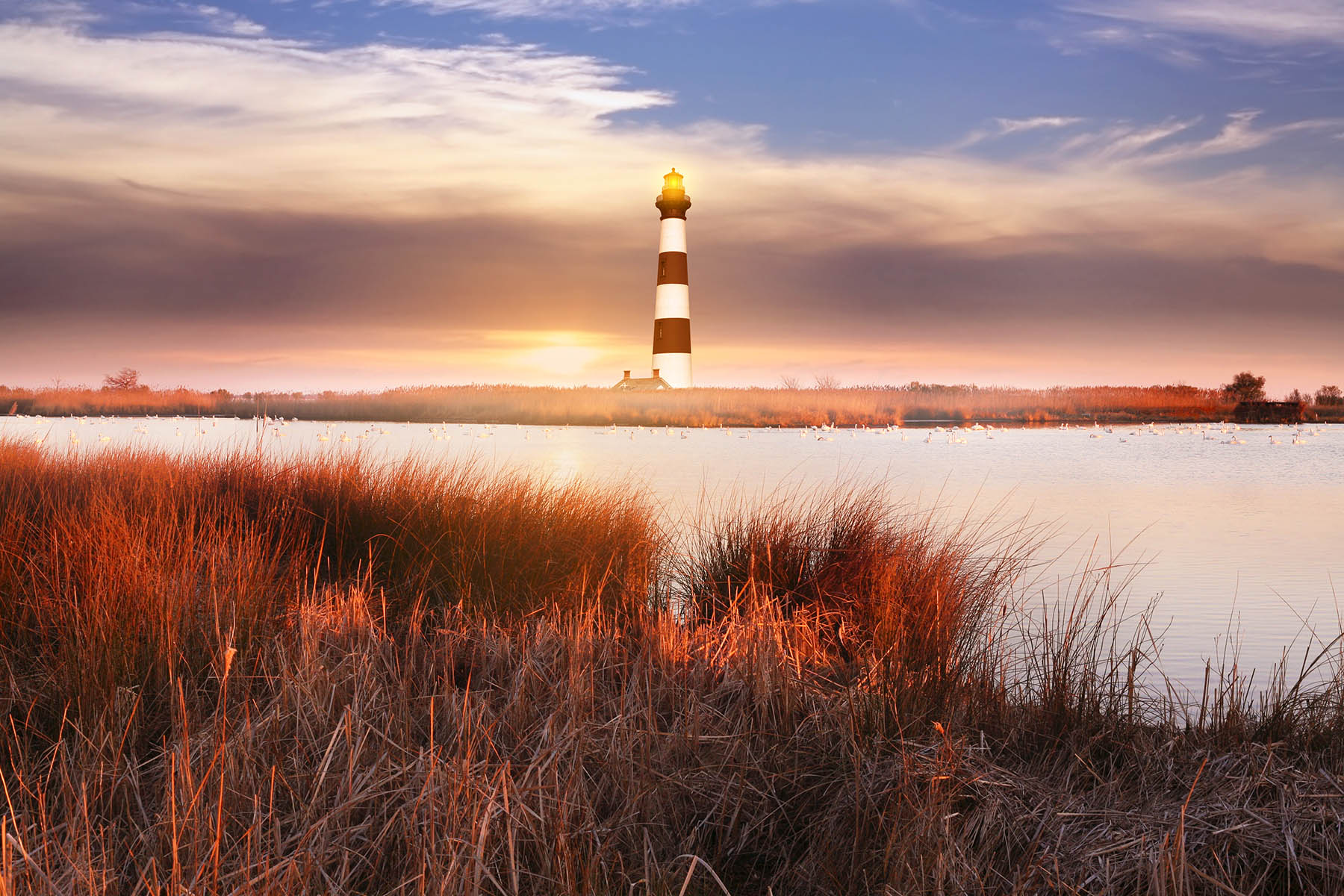
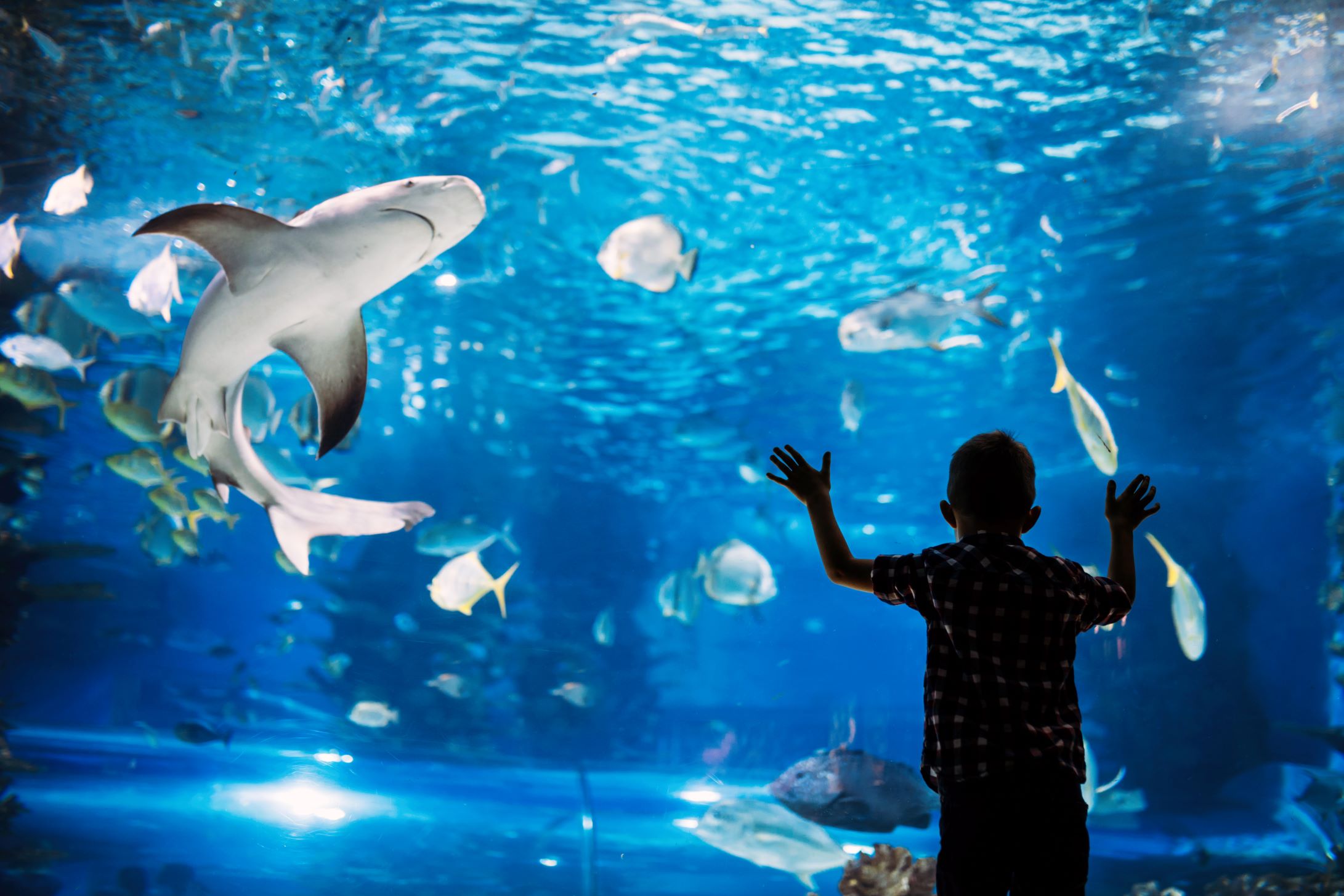
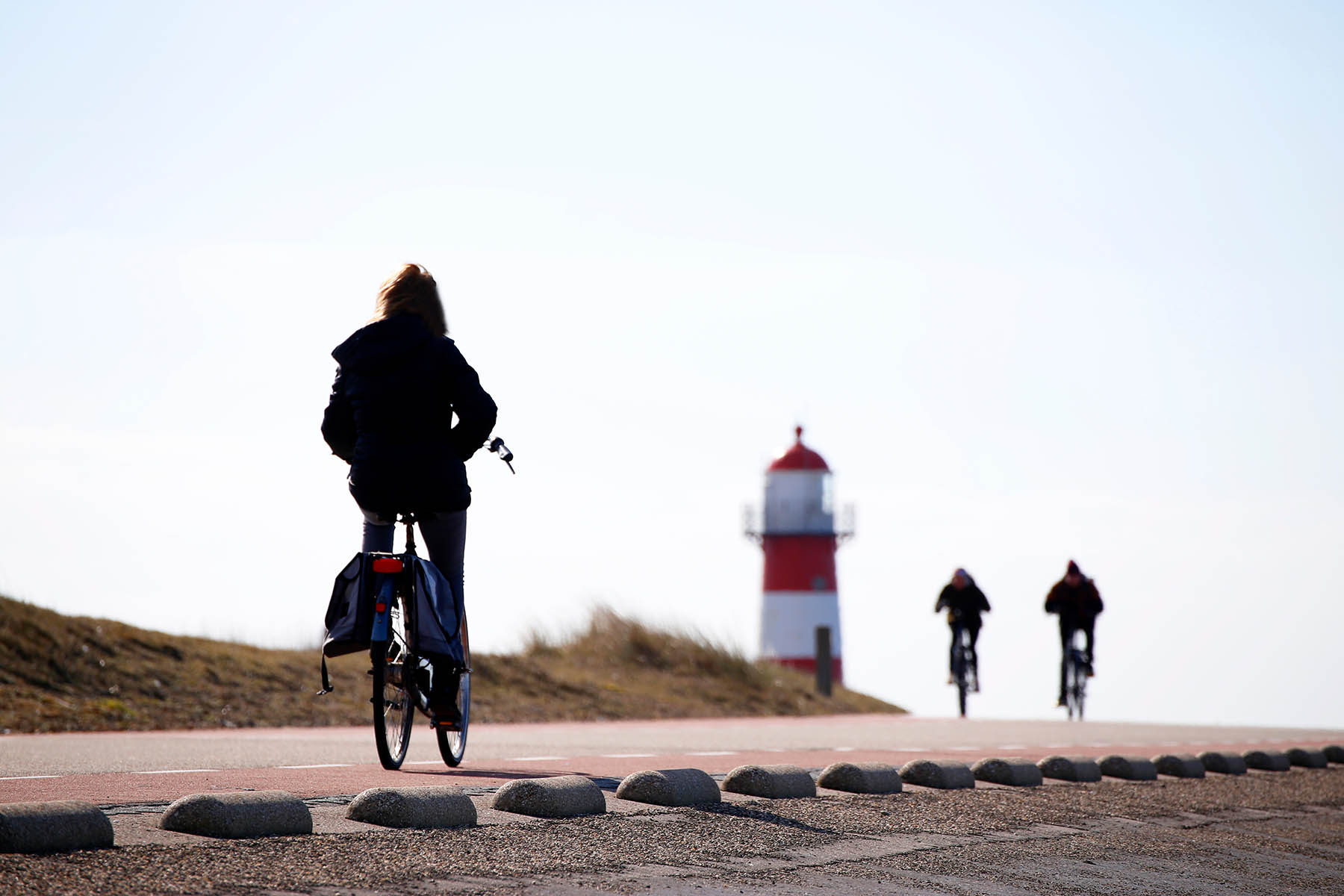
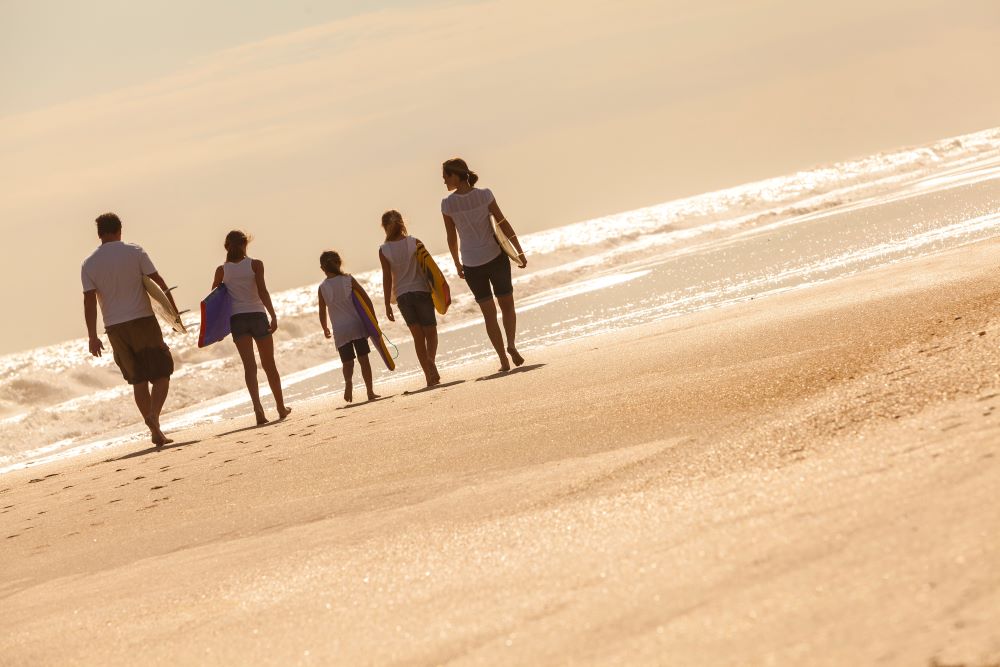

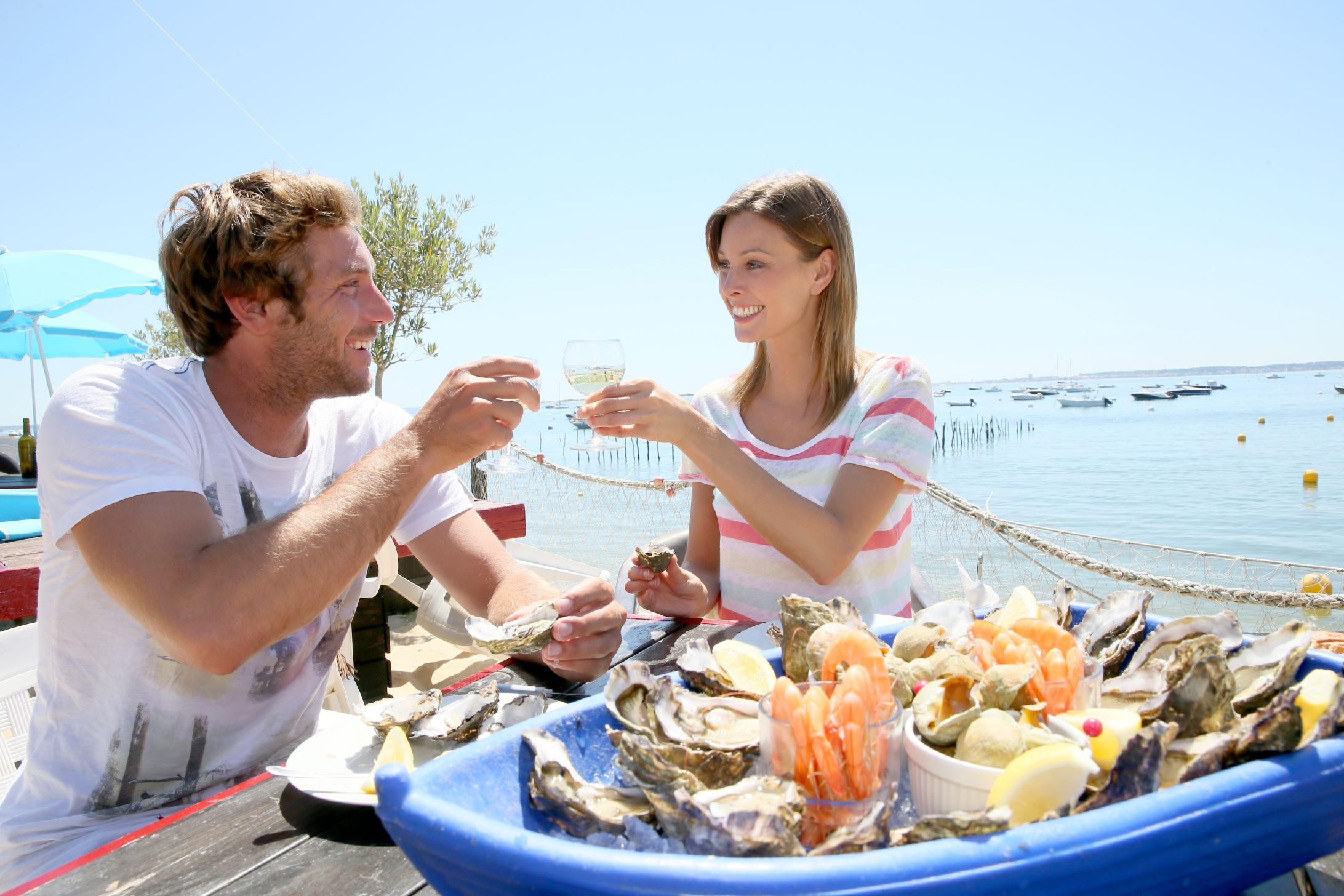


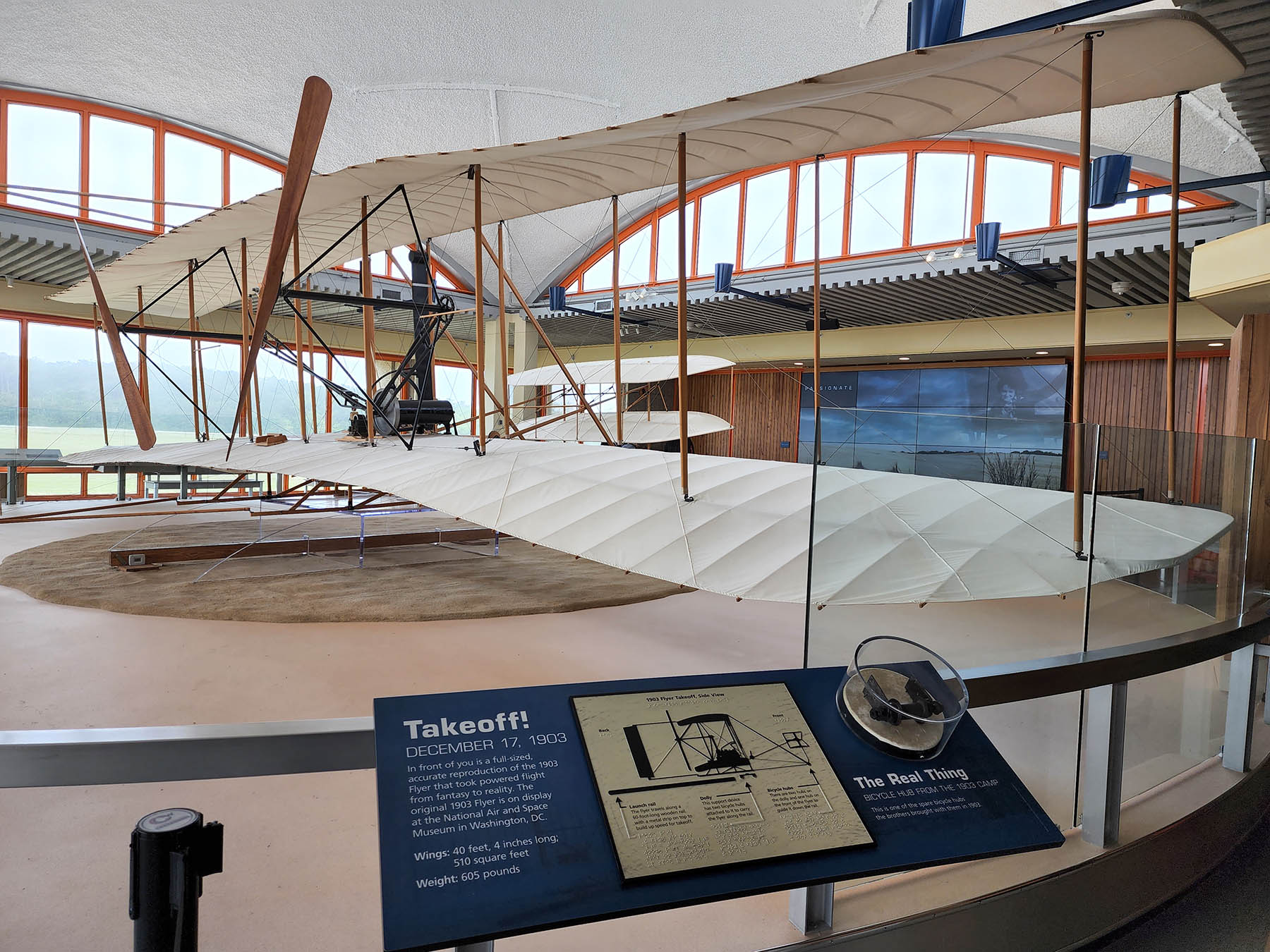

Share This Page